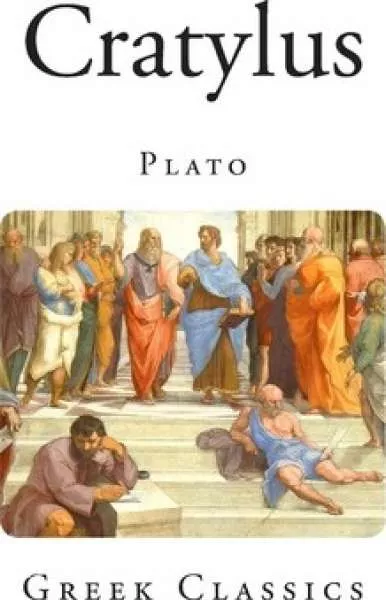
Cratylus
'Cratylus' Summary
The subject of Cratylus is the correctness of names (περὶ ὀνομάτων ὀρθότητος), in other words, it is a critique on the subject of naming (Baxter).
When discussing an ὄνομα and how it would relate to its subject, Socrates compares the original creation of a word to the work of an artist. An artist uses color to express the essence of his subject in a painting. In much the same way, the creator of words uses letters containing certain sounds to express the essence of a word's subject. There is a letter that is best for soft things, one for liquid things, and so on. He comments:
the best possible way to speak consists in using names all (or most) of which are like the things they name (that is, are appropriate to them), while the worst is to use the opposite kind of names.
One countering position, held by Hermogenes, is that names have come about due to custom and convention. They do not express the essence of their subject, so they can be swapped with something unrelated by the individuals or communities who use them.
The line between the two perspectives is often blurred. During more than half of the dialogue, Socrates makes guesses at Hermogenes' request as to where names and words have come from. These include the names of the Olympian gods, personified deities, and many words that describe abstract concepts. He examines whether, for example, giving names of "streams" to Cronus and Rhea (Ροή – flow or space) are purely accidental.
Don't you think he who gave to the ancestors of the other gods the names “Rhea” and “Cronus” had the same thought as Heracleitus? Do you think he gave both of them the names of streams (ῥευμάτων ὀνόματα) merely by chance?
The Greek term "ῥεῦμα" may refer to the flow of any medium and is not restricted to the flow of water or liquids. Many of the words which Socrates uses as examples may have come from an idea originally linked to the name, but have changed over time. Those of which he cannot find a link, he often assumes have come from foreign origins or have changed so much as to lose all resemblance to the original word. He states, "names have been so twisted in all manner of ways, that I should not be surprised if the old language when compared with that now in use would appear to us to be a barbarous tongue."
The final theory of relations between name and object named is posited by Cratylus, a disciple of Heraclitus, who believes that names arrive from divine origins, making them necessarily correct. Socrates rebukes this theory by reminding Cratylus of the imperfection of certain names in capturing the objects they seek to signify. From this point, Socrates ultimately rejects the study of language, believing it to be philosophically inferior to a study of things themselves.
Book Details
Language
EnglishOriginal Language
GreekPublished In
Authors
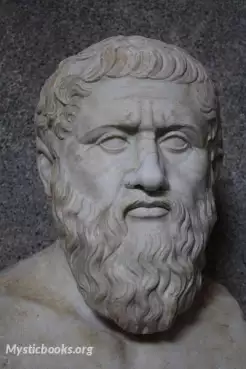
Plato (Πλάτων)
Greece
Plato ( Classical Attic; 428/427 or 424/423 – 348/347 BC)) was an Athenian philosopher during the Classical period in Ancient Greece, founder of the Platonist school of thought and the Academy,...
Books by Plato (Πλάτων)Download eBooks
Listen/Download Audiobook
- Select Speed
Related books
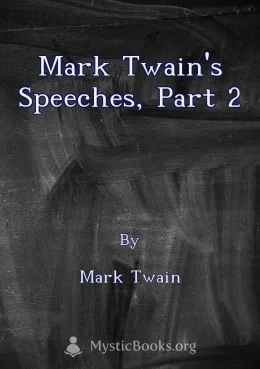
Mark Twain's Speeches, Part 2 by Mark Twain
This book presents a collection of Mark Twain's publicly delivered speeches spanning his career, from 1864 to shortly before his death. The speeches...
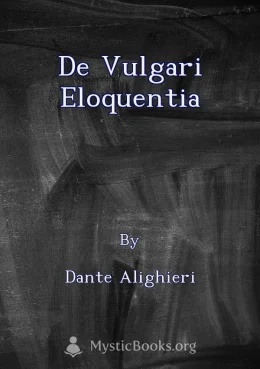
De Vulgari Eloquentia by Dante Alighieri
De Vulgari Eloquentia by Dante Alighieri is a philosophical treatise written in Latin between 1302 and 1305. It discusses the evolution of language a...
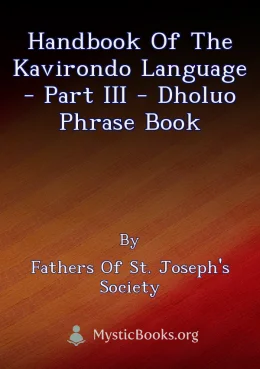
Handbook of the Kavirondo Language - Part III - Dholuo Phrase Book by Fathers of St. Joseph's Society
This book, "A Handbook of the Kavirondo Language - Part III - Dholuo Phrase Book", is a collection of Dholuo phrases and conversational structures. I...
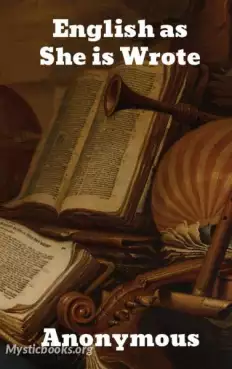
English as She is Wrote by Anonymous
Showing Curious ways in which the English Language may be made to convey Ideas or obscure them. A collection of unintentionally humorous uses of the E...
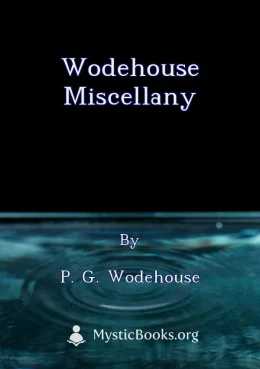
Wodehouse Miscellany by P. G. Wodehouse
Sir Pelham Grenville Wodehouse was an English comic writer who enjoyed enormous popular success for more than seventy years. Best known today for the...
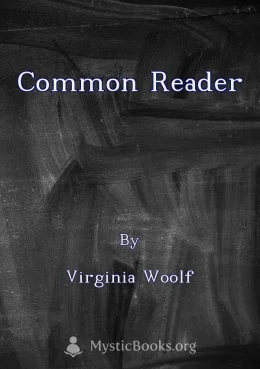
Common Reader by Virginia Woolf
The *Common Reader* is a collection of essays by Virginia Woolf, exploring a range of literary themes and authors. Woolf analyzes works from diverse...
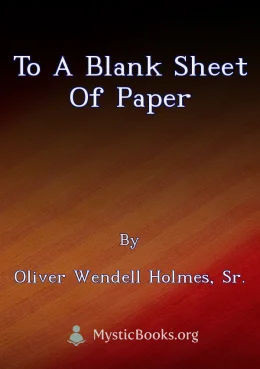
To a Blank Sheet of Paper by Oliver Wendell Holmes, Sr.
“To a Blank Sheet of Paper” is a poem by Oliver Wendell Holmes Sr., reflecting on the creative process and the blank page's potential. Written in a c...
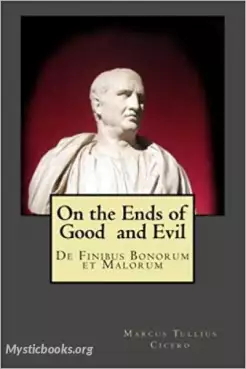
On the Ends of Good and Evil by Marcus Tullius Cicero
De finibus bonorum et malorum ("On the ends of good and evil") is a Socratic dialogue by the Roman orator, politician, and Academic Skeptic philosophe...

The Feast of St. Friend by Arnold Bennett
In The Feast of St. Friend, a Christmas book, Arnold Bennett shares his views on Christmas as the season of goodwill. As always, Bennett's writing inc...

Vivo de Zamenhof by Edmond Privat
This biography, penned by Edmond Privat, presents a comprehensive account of the life and work of Ludwik Lejzer Zamenhof, the creator of the Esperanto...
Reviews for Cratylus
No reviews posted or approved, yet...